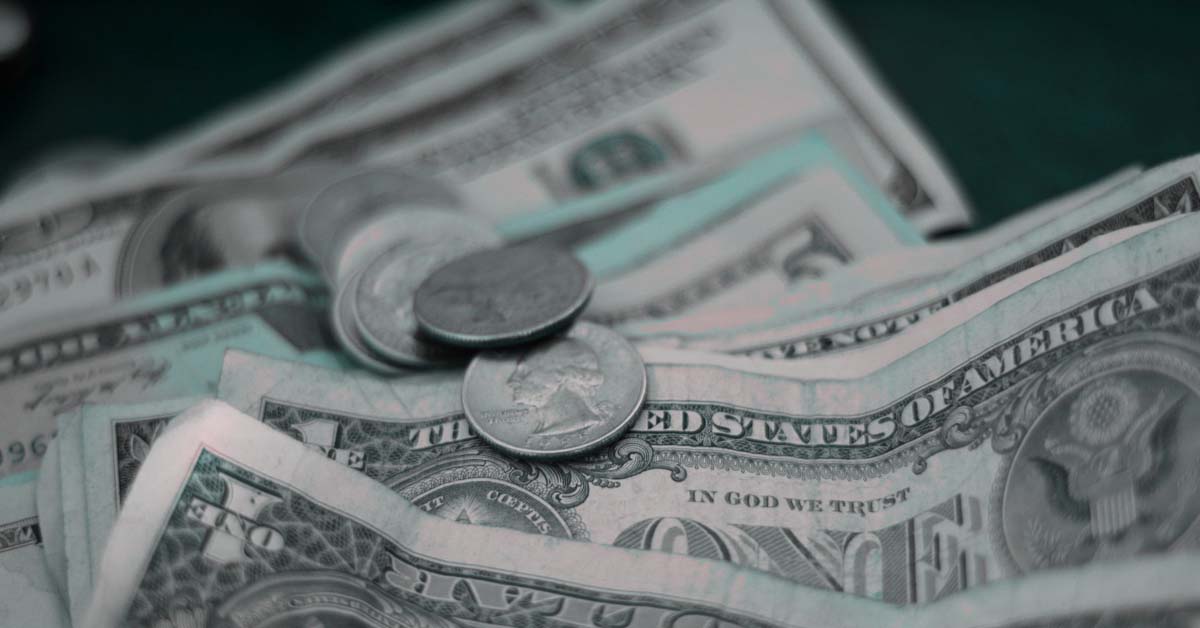QUICK ANSWER: Your wages can be garnished if you are in default on your federal student loans. The loan holder doesn’t need to file a lawsuit or get a judgment against you before starting a wage garnishment for a federal student loan. However, the loan holder needs to sue you in court for defaulted private student loans and get a judgment before starting a wage garnishment.
Millions of people default on their student loans each year, victims of an overpriced education and wages that barely allow them to make ends meet. Hobbled with sinking credit scores, as well as daily calls and letters from debt collectors, they live in fear of the possibility of wage garnishment.
If you’re in default, here’s what you need to know about student loan wage garnishments.
Can Wages Be Garnished for Student Loans?
The holder of your federal student loans can garnish your wages without filing a lawsuit or getting a judgment against you. Under the Higher Education Act and the Debt Collection Improvement Act, federal student loan holders can use an administrative process to begin and continue a wage garnishment. Though some states place restrictions on wage garnishment or prohibit the practice entirely, those restrictions don’t apply to federal student loan administrative wage garnishments.
However, private student loan collectors can begin a wage garnishment against you only by using the judicial process available in your state. For most people, this means the collector needs to file a lawsuit in court and obtain a judgment before your wages can be garnished.
How Much Can Wages be Garnished for Student Loans?
Under the Debt Collection Improvement Act, an administrative wage garnishment can be used to withhold the lesser of 15% of disposable income or an amount exceeding thirty times the minimum wage in your state. This means that you can keep an amount equal to thirty times the minimum wage.
If you are subject to administrative wage garnishments for multiple defaulted federal student loans, Federal law limits total garnishments to 25% of your total disposable earnings.
Wage garnishments by private student loan collectors are controlled by state law.
What is Disposable Pay?
“Disposable pay” is defined by federal law as your employment compensation remaining after deducting amounts required by law to be withheld.
Those deductions include Social Security taxes and withholding taxes but not any amount withheld under a court order such as child support or restitution.
This definition of disposable pay also does not consider deductions for retirement plans, health insurance, or any other voluntary deduction.
Can 1099 Income be Garnished?
Wage garnishment involves withholding earnings paid to an employee by an employer – in other words, payments received from a paycheck with deductions for federal, state, and local taxes. Unfortunately, creditors and collectors can’t garnish income received by independent contractors and freelancers because 1099 income isn’t technically considered wages.
Suppose you’re self-employed, an independent contractor, or a freelancer. In that case, you should understand the other enforcement mechanisms available to holders of defaulted federal and private student loans. Wage garnishment is only one of many available tools to force payment.
Avoid Student Loan Garnishment
Student loan holders will start garnishing wages when you default. Still, there are ways to avoid this situation by understanding your options.
Income-Driven Repayment plans make it easier to pay your federal student loans on time.
You may be able to apply for deferment or forbearance.
Consolidation and rehabilitation are simple ways to get get your federal student loans out of default.
Depending on the type of loan, student loan settlement can resolve the debt quickly while also reducing the balance.
Bankruptcy may also provide some relief by allowing you to manage your student loan payments under court supervision or by discharging your student loans entirely.
When faced with defaulted student loans, speak with a student loan lawyer like me who understands the full range of solutions available to you. Once you review your options, you’ll be able to choose the best way to avoid student loan garnishment.
ABOUT THE AUTHOR
Meet Jay
 Since I became a lawyer in 1995, I’ve represented people with problems involving student loans, consumer debts, mortgage foreclosures, collection abuse, and credit reports. Instead of gatekeeping my knowledge, I make as much of it available at no cost as possible on this site and my other social channels. I wrote every word on this site.
Since I became a lawyer in 1995, I’ve represented people with problems involving student loans, consumer debts, mortgage foreclosures, collection abuse, and credit reports. Instead of gatekeeping my knowledge, I make as much of it available at no cost as possible on this site and my other social channels. I wrote every word on this site.
I’ve helped thousands of federal and private student loan borrowers lower their payments, negotiate settlements, get out of default and qualify for loan forgiveness programs. My practice includes defending student loan lawsuits filed by companies such as Navient and National Collegiate Student Loan Trust. In addition, I’ve represented thousands of individuals and families in Chapter 7 and Chapter 13 bankruptcy cases. I currently focus my law practice solely on student loan issues.
I played a central role in developing the Student Loan Law Workshop, where I helped to train over 350 lawyers on how to help people with student loan problems. I’ve spoken at events held by the National Association of Consumer Bankruptcy Attorneys, National Association of Consumer Advocates, and bar associations around the country. National news outlets regularly look to me for my insights on student loans and consumer debt issues.
I’m licensed to practice law in New York and California and advise federal student loan borrowers nationwide.
continue reading





